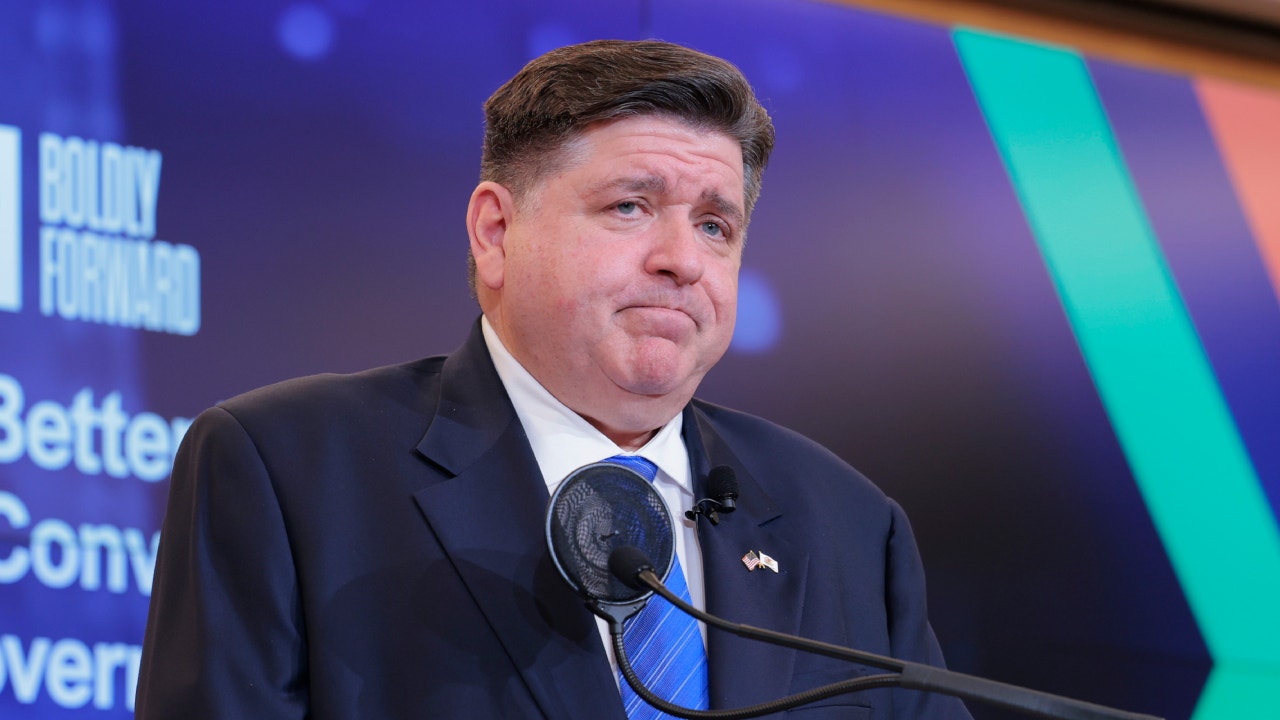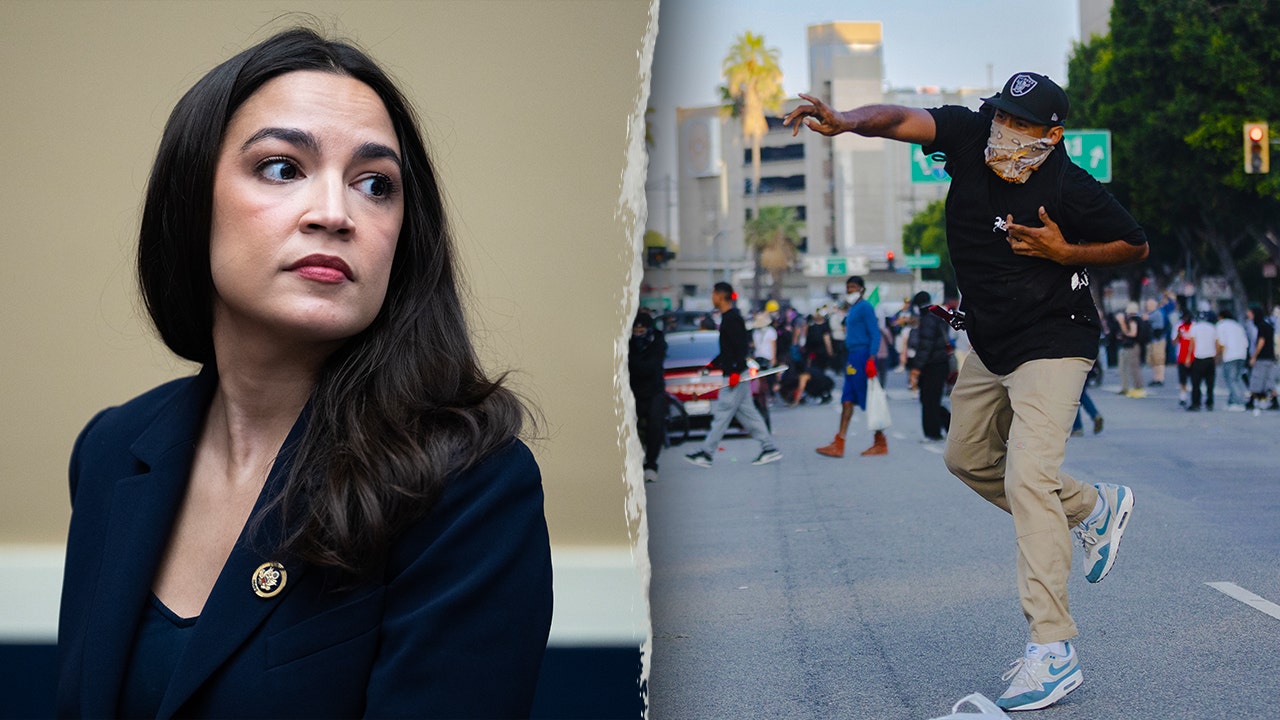Massachusetts
Eight SouthCoast communities sheltering migrants through state of emergency. What that means

Nine cities and towns on the SouthCoast are now hosting hundreds of unsheltered families, as the state continues to use hotels across the state to supplement the state’s emergency shelter system.
“It has not been overwhelming. It has just been quick,” Mallory Aronstein, town administrator for Swansea, said during a recent board of selectmen meeting. “Really we’re just trying to continue open lines of communication with decision makers from the state.”
Governor declares emergency over lack of shelter
For decades, Massachusetts has had a “right to shelter” law that requires the state to shelter pregnant people and eligible families with children.
On Aug. 8, Gov. Maura Healey declared a state of emergency around the number of migrant families arriving in the state and the lack of available placements in shelters, saying the state’s family shelter system had become overwhelmed. Since then, the state has placed migrant families and pregnant women, plus unhoused families already living in Massachusetts, in dozens of cities and towns across the state. Most of the placements have been in state-funded hotel rooms.
On Oct. 7, Executive Office of Housing and Livable Communities press secretary Kevin Connor said there were 6,828 families in the state emergency family shelter system. The system has had to expand each month since August of last year, he said, a need driven by rising shelter costs and an increase in the number of migrants arriving in Massachusetts.
“More than 80 cities and towns across the Commonwealth have stepped up to host families in need, and we appreciate their compassion and willingness to partner with the Commonwealth in this exceptional and ongoing effort,” he said.
SouthCoast cities and towns sheltering families
A spokesperson for the state’s Executive Office of Housing and Livable Communities confirmed that Dartmouth, Fairhaven, Fall River, Middleboro, New Bedford, Somerset, Swansea, Taunton and Wareham are all now housing families as part of the state’s efforts to expand the emergency shelter system.
Across those eight communities, 402 families are now living in temporary, long-term shelter. Of those, Taunton has the most with 162 families, followed by Fall River with 71 families and Middleboro with 54.
Costs to town services
Connor said that, statewide, around half of the people living in the state’s family shelter system are children.
Leaders in small SouthCoast towns like Somerset and Swansea with relatively small English Language Learner populations have said they may struggle to accommodate a group of new students who speak multiple languages between them. School districts who receive new students through the family shelter system will receive $104 per day from the state for each student.
Leaders in multiple SouthCoast communities have said they are tracking all local government services being extended toward the unsheltered families, in the hopes of being reimbursed later by the federal government.
“The state pays for the cost of shelter and provides meals to sheltered families and the (Healey) Administration continues to seek additional support from the Federal Government. Discussions are ongoing as to how we can support towns who have provided any additional services to sheltered families,” Connor said.
Towns collecting donations
Towns and local organizations have been collecting donations to aid the newly sheltered families.
Several towns have said they’ve already received an influx of donations. In Somerset, town officials who originally asked for shoes and clothing donations said they would switch to only accepting items like diapers, toiletries and wrapped snacks because so many donations had come in.
“The generosity shown by residents is beyond remarkable and thoughtful,” the town said in an announcement.

Massachusetts
Why are banks building so many new branches in Massachusetts?
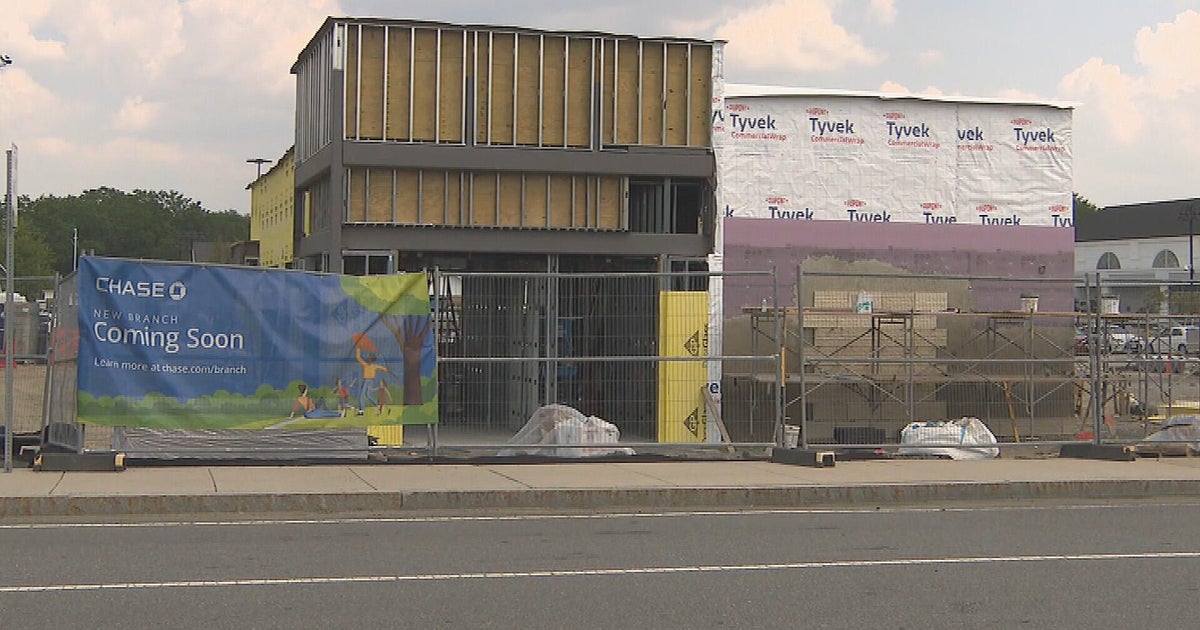
With money sending apps and online banking, why are so many new bank branches popping up in Massachusetts?
Ever spot a “Space Available for Lease” sign and hope a new café, bookstore or restaurant is coming to town? Excitement builds and then you learn… it’s another bank? It seems to be recent trend in banking and now it’s happening in Massachusetts.
In Needham for instance, a town of about 32,000 people, there are nine bank branches. One of the newest is a Chase Bank that replaced a convenience store which had replaced a Friendly’s restaurant.
“I was hoping it would be a restaurant,” said Eileen Baker, who owns Proud Mary, a gift and fashion boutique in the heart of Needham. “We would love to see little coffee shops; I know a lot of people would love to see a bookshop in Needham. Little specialty foods.”
Baker and many other small business owners thrive when people are drawn downtown by new specialty shops and restaurants. Banks, not so much.
Chase opening 50 new branches
With mobile banking and Venmo, physical banks might seem outdated. But Chase, the country’s largest commercial bank, plans to open 50 new branches in the state by 2027, including brand-new branches in towns like Sudbury and Weston.
“I don’t really understand why there are so many banks,” said one young man outside of the under-construction Chase in Sudbury.
Opening in wealthy neighborhoods
Good question. So, we asked Eric Rosengren, former President of the Federal Reserve Bank of Boston.
“They would only do it because its cost effective,” Rosengren said. “You don’t see it in lower income neighborhoods. You see it in wealthy neighborhoods, because even a few wealthy individuals can provide a significant amount of income coming from the wealth management.”
Rosengren says these often-plush new branches are designed to attract affluent customers who might still value face-to-face financial advice.
Recent surge
This surge is a very recent shift. In fact, nationwide, the total number of bank branches has dropped by 13,000 in the last decade. In 2014 there were about 81,000 U.S. bank branches. In 2023 – for the first time in a long time- there was an uptick in new branches- leaving about 68,000 branches.
Will the trend continue? Most research says younger customers are using mobile banking and very seldom visit their local branch. Will they change their minds once they begin to accumulate wealth? Sound like some financial companies are banking on it.
If you have a question you’d like us to look into, please email questioneverything@cbsboston.com.
Massachusetts
Wealth surtax may generate $3 billion in Mass.
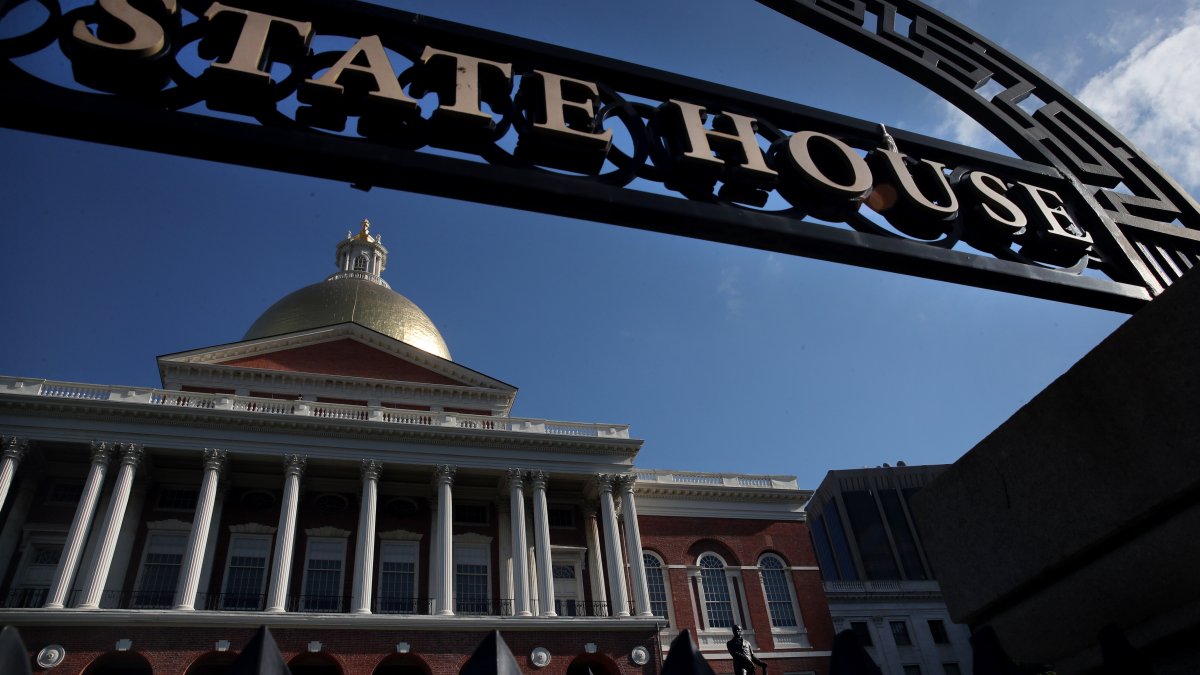
State budget honcho Matthew Gorzkowicz told municipal officials Tuesday that Massachusetts is on track to rake in nearly $3 billion from its surtax on household income greater than about $1 million, more than double the estimate used to craft this year’s budget.
The Department of Revenue reported last month that the state had collected just less than $2.6 billion from the 4% surtax between July 1, 2024, and April 30, 2025, surpassing the $2.46 billion that the surtax generated in fiscal 2024 in just 10 months of fiscal 2025. May and June collections are expected to add to that total, and Gorzkowicz said Tuesday that he now thinks total fiscal 2025 surtax collections “could be closer to $3 billion.”
“We will have the benefit of being able to spend those dollars on education, transportation, as you’ve seen us do with our January supp as part of our transportation package this past year,” the secretary of administration and finance told the Local Government Advisory Commission, referring to the surtax surplus spending bill that is now in conference committee. “We’ll have another opportunity to do that again.”
The Healey administration and legislative Democrats have used conservative collection estimates in the first few years of the surtax, which was approved by voters in 2022. Under the constitution, revenue generated by the surtax can only be used for education or transportation initiatives and the conservative estimating has given lawmakers extra money to dole out separate from the traditional state budget process.
When they built the fiscal 2025 budget, the administration and legislative leaders agreed to spend $1.3 billion in surtax revenue this year. If Gorzkowicz’s estimate proves correct, the Legislature could have as much as $1.7 billion to spend sometime after DOR certifies the full-year surtax collection amount in the fall.
When they agreed on a consensus revenue estimate for fiscal 2026 earlier this year, Gorzkowicz and the Ways and Means Committee chairs mutually estimated the state will collect $2.4 billion from the income surtax in fiscal 2026. But they agreed to spend at most $1.95 billion from that in the annual budget bill, which like the surtax surplus bill is also the subject of conference committee negotiations.
Massachusetts
Newton judge accused of helping man evade ICE has hearing

A Newton judge accused of helping an undocumented immigrant evade federal immigration custody in April 2018 had a hearing before the Massachusetts Commission on Judicial Conduct on Monday.
Judge Shelley Joseph allegedly allowed Jose Medina-Perez, a Dominican national, to escape out a downstairs back door while an ICE agent waited in the lobby to detain him. Medina-Perez was facing a fugitive from justice charge on a warrant out of Pennsylvania along with two misdemeanor drug charges.
“This case is about the integrity, impartiality and independence of the Massachusetts judiciary,” said Judith Fabricant, special counsel for the commission.
“Judge Joseph that day was trying to respect the rights of everybody before her,” said Elizabeth Mulvey, Joseph’s attorney.
Joseph was first indicted on federal charges of obstruction of justice in 2019 under the first Trump administration. After admitting to certain facts, those charges were dropped under the Biden administration, and her case was referred to the commission.
Monday’s hearing started with a viewing at Newton District Court, with Denis J. McInerney, the hearing officer appointed by the Supreme Judicial Court for this case. Fabricant and Mulvey then presented opening statements in Suffolk Superior Court.
The defense claims Joseph had nothing to do with the conspiracy to help Medina-Perez escape, laying blame on David Jellinek, who was his defense lawyer.
“Before Judge Joseph even knew that David Jellinek was in the courthouse, he had already made a deal with court officer Wes MacGregor,” Mulvey said. “He had this deal that if he could get his client back downstairs, the court officer would let him out the sallyport door,” Mulvey said.
Jellinek was the first to take the stand. In his testimony, he described feeling as though he had Joseph’s permission to bring Medina-Perez downstairs to help him sneak out.
“He told the judge that if his client could go back downstairs, he thought he could get him released through the back,” Fabricant said. “The judge said something to the effect of, ‘Yes, that’s what we’ll do.’”
Joseph’s team said otherwise.
“Nobody told her that Medina-Perez had gone out the back door. She knew nothing about it,” Mulvey said.
Much of this debate stems from what exactly was said when the court recording was shut off for 52 seconds. Fabricant asked Jellinek why he requested to speak to Joseph off the record.
“I wanted to go off the record because I knew that the next phase of our conversation and what I was going to suggest or ask for as a defense lawyer was perhaps right on the edge of acceptable or appropriate,” Jellinek said.
The hearing could last several days. The Commission on Judicial Conduct has the power to recommend discipline but does not have the power to remove Joseph from the bench.
-

 West5 days ago
West5 days agoBattle over Space Command HQ location heats up as lawmakers press new Air Force secretary
-

 Alaska1 week ago
Alaska1 week agoInterior Plans to Rescind Drilling Ban in Alaska’s National Petroleum Reserve
-

 Education1 week ago
Education1 week agoVideo: Inside Trump’s Attack on Harvard
-

 Technology1 week ago
Technology1 week agoMicrosoft will finally stop bugging Windows users about Edge — but only in Europe
-

 Politics1 week ago
Politics1 week agoCalifornia beach ‘Resist!’ protest pushes ‘kindness’ while calling to ‘86 47’ in anti-Trump message
-

 World1 week ago
World1 week agoSouth Korea’s presidential election aims to restore democratic credentials
-
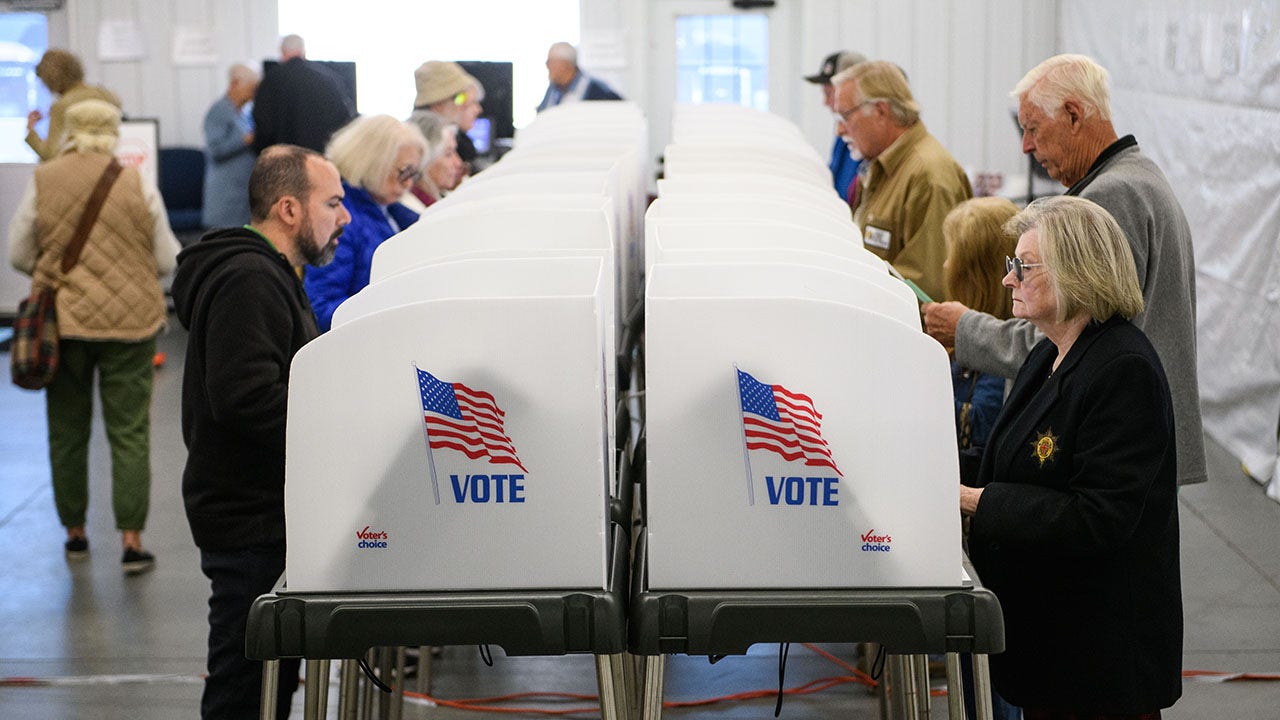
 Politics1 week ago
Politics1 week agoRed state tops annual Heritage Foundation scorecard for strongest election integrity: 'Hard to cheat'
-

 World1 week ago
World1 week agoTwo suspected Ugandan rebels killed in Kampala explosion



